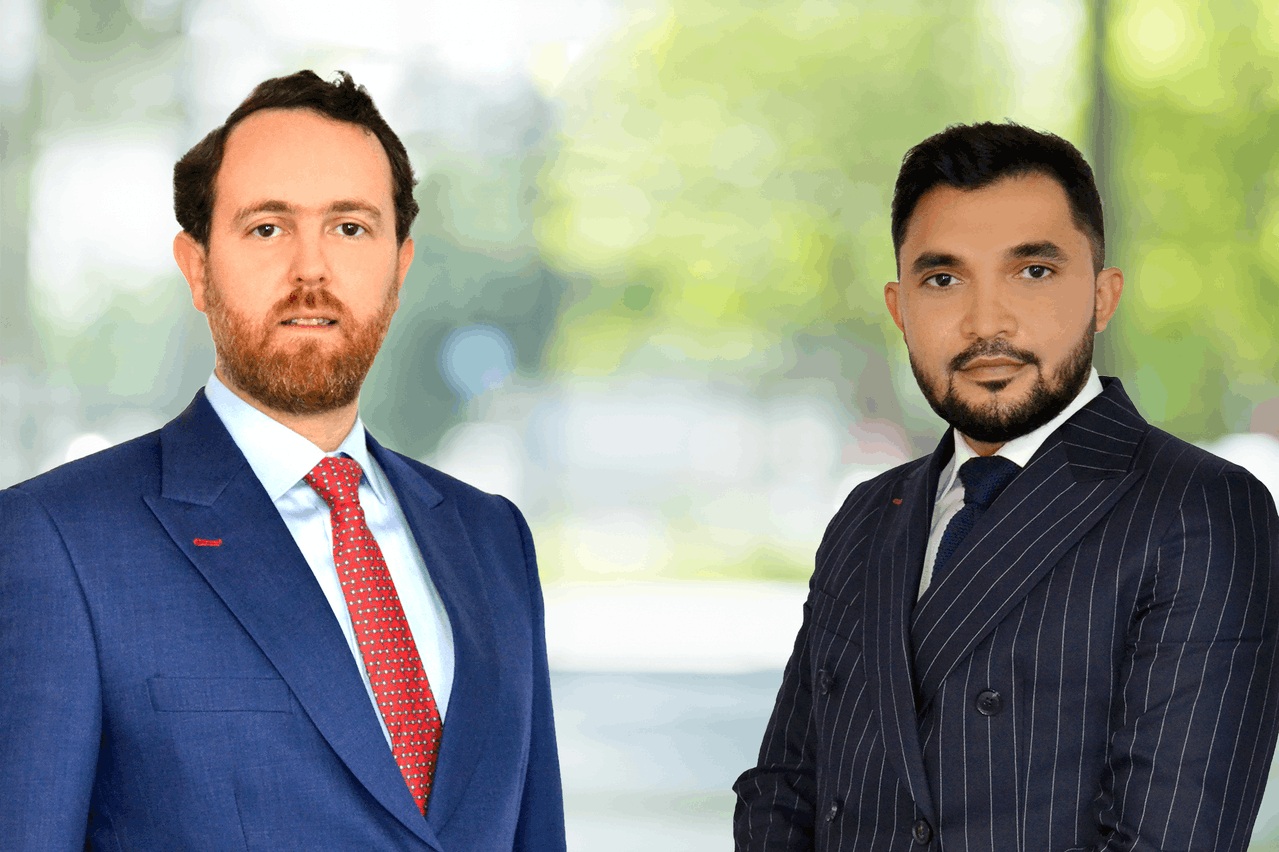Luxembourg is a particularly attractive hub for investment by UAE sovereign wealth funds (SWFs), while Luxembourg funds have shown an increasing appetite to expand in the UAE, both for investment opportunity reasons, and to distribute their funds locally.
Luxembourg – an attractive investment destination for UAE SWFs
Known for its stable economy, favourable regulatory environment, and strategic location within the European Union, Luxembourg is attractive to global investors, including UAE SWFs that seek strategic partnerships and portfolio diversification.
The Gulf Cooperation Council (GCC) SWFs’ assets under management have grown by 70 per cent since 2018 to reach US$3.6 trillion. This represents one third of the world’s SWF assets according to .
Among the top 10 SWFs in the GCC, five SWFs are from the UAE, with one of its SWFs leading the list of the biggest SWFs in the GCC region.
Initially, UAE SWFs accumulated huge quantities of dry powder. However, over the past few years there has been a shift in their investment thesis and these funds now seek more sophistication, diversification of their portfolios, economic stability, cross-border investment opportunities and access to advanced expertise by taking positions in foreign funds, such as Luxembourg funds, and even creating their own asset management arms.
Exploring funding structures: Luxembourg vs UAE
Domestic funds in the UAE have similar characteristics and objectives to those commonly used Luxembourg funds such as UCITS (Undertakings for Collective Investment in Transferable Securities), RAIFs (Reserved Alternative Investment Funds) and SLPFs (Special Limited Partnership Funds). This offers investors comfort when engaging in opportunities offered in each jurisdiction. As an illustration, the table below summarises the main characteristics of these UAE domestic funds:

Comparison table of domestic funds in the UAE Norton Rose Fulbright
Shariah-compliant assets: Luxembourg’s attraction for Shariah Funds
In the realm of global finance, and many asset management firms are now launching, or planning to launch, Shariah-compliant funds as either stand-alone products or as part of a broader investment strategy to complement existing approaches and investors.
While similar to conventional funds in many respects, the assets in Shariah-compliant funds encompass a diverse array of investment vehicles and financial products that adhere to Islamic law. These assets typically include Sukuk and other structured products or other structured investments via Islamic finance such as Murabaha or Ijarah.
This growing demand for Shariah-compliant investments has spurred the development of Islamic finance hubs worldwide, with Luxembourg emerging as a leading centre for Islamic finance in Europe with a well-established regulatory framework.
Navigating the rules: Distribution of a Luxembourg fund in the UAE
There have been several key changes to the funding marketing rules for Luxembourg funds (Foreign Funds) in the onshore UAE (excluding its two financial free zones, ADGM – Abu Dhabi Global Market – and DIFC – Dubai International Financial Centre – following the enactment of certain rules in the onshore UAE in 2023 Rules). These are as follows:
- The promotion and distribution of Foreign Funds to professional investors is no longer exempt under the Rules – the only option now being a documented reverse solicitation.
- The promotion or distribution of Foreign Funds to retail investors is prohibited, with the only exception being that a promotion to a retail client can be made on the basis of a documented reverse solicitation from outside the UAE or from the DIFC or the ADGM.
- All Foreign Funds to be distributed in the UAE must be registered with the SCA.
For Foreign Funds, these rules may make the establishment of an ADGM or a DIFC based feeder fund structure an attractive solution to benefit from the “passporting” provisions which allow DIFC and ADGM incorporated funds to be promoted in the UAE without an SCA licence.
To conclude, interaction between the UAE, the wider Gulf Region and Luxembourg will continue to increase as, on the one hand, GCC investors – including SWFs – are actively looking to deploy cash in Europe, often through Luxembourg vehicles and in particular funds, and on the other hand, European and global asset management houses with operations in Luxembourg are and will continue to look at raising money from the GCC given capital raising challenges in the European and US markets.
Share your thoughts with and on LinkedIn.
